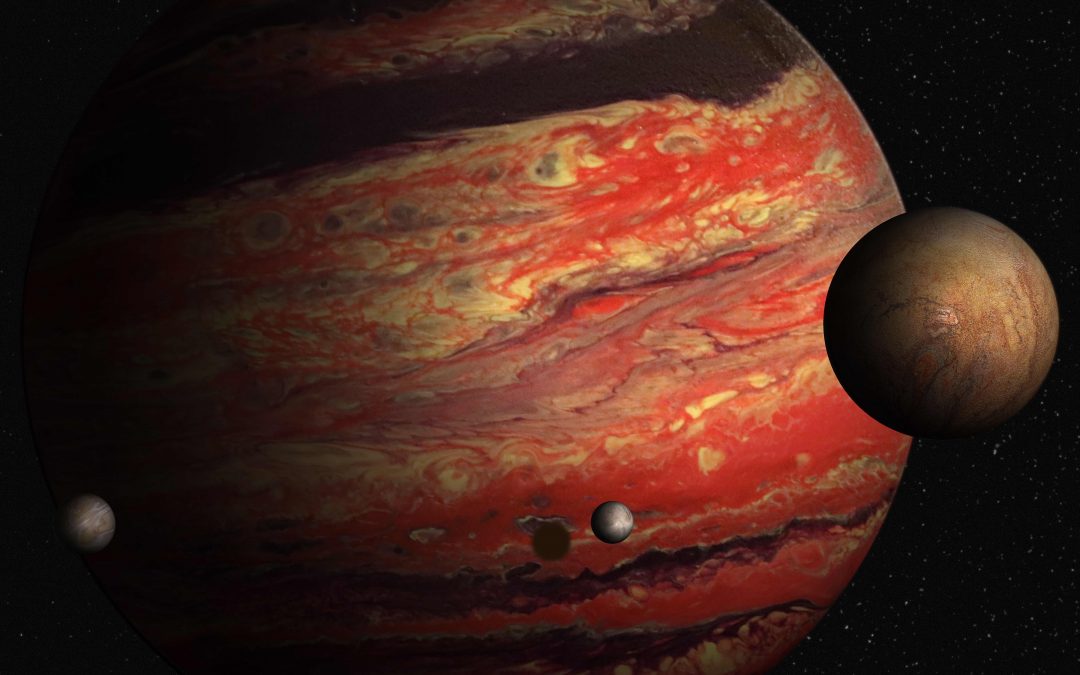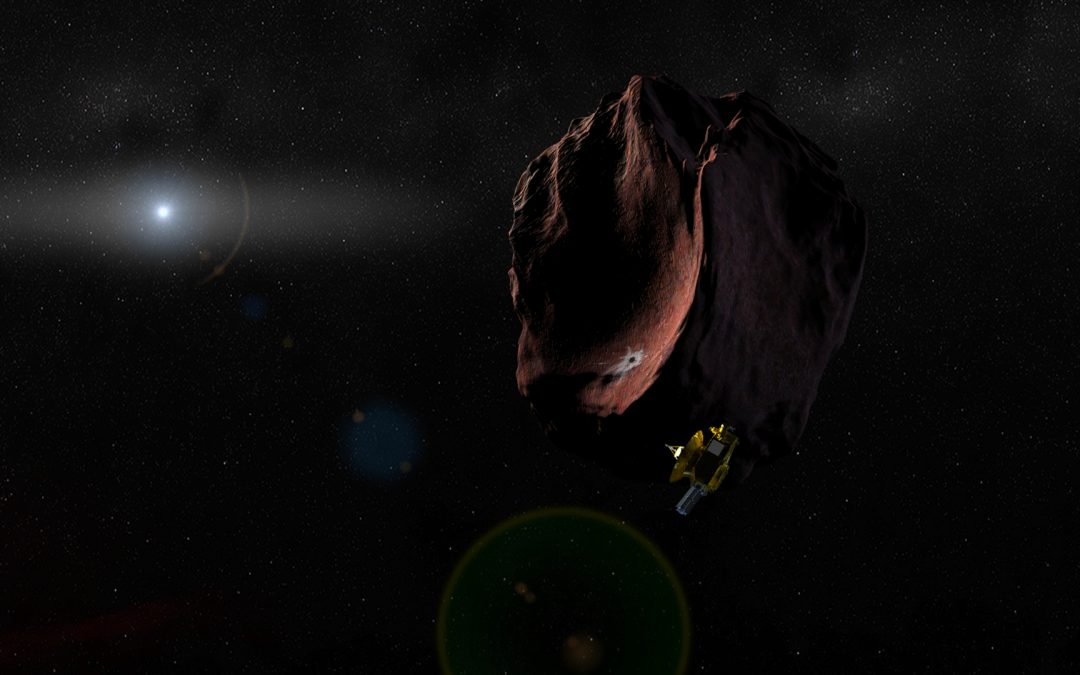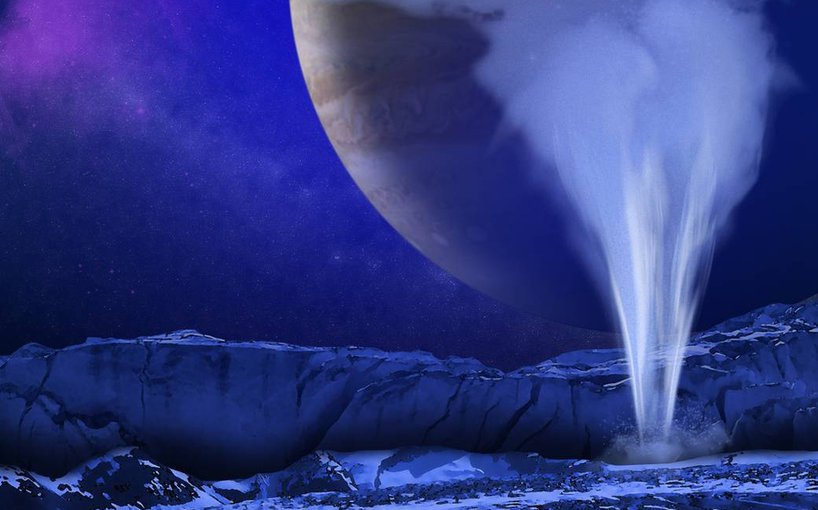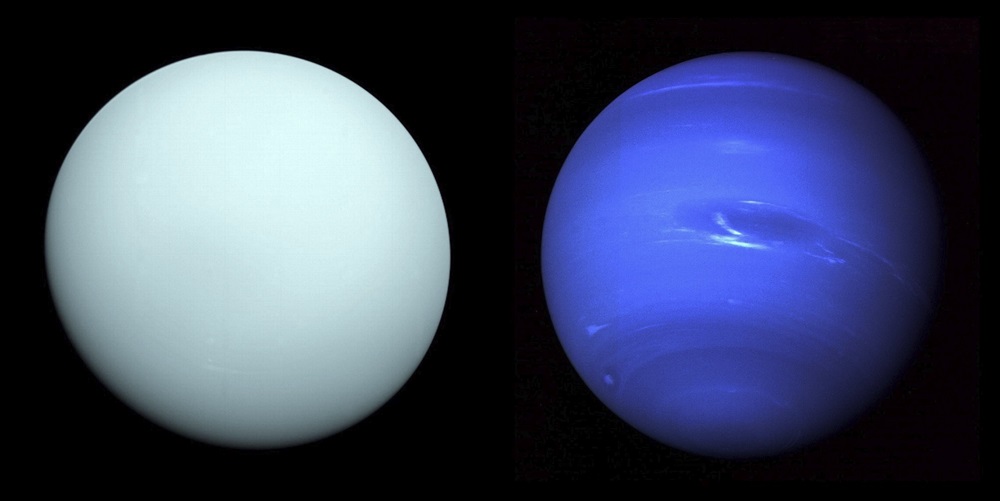For the longest time, the only gas giant planets we knew about were Jupiter and Saturn. But now in the age of extrasolar planets, astronomers have discovered thousands of gas giants across almost as many star systems. What new discoveries have been made about gas giants, both here in the Solar System and across the Milky Way?











